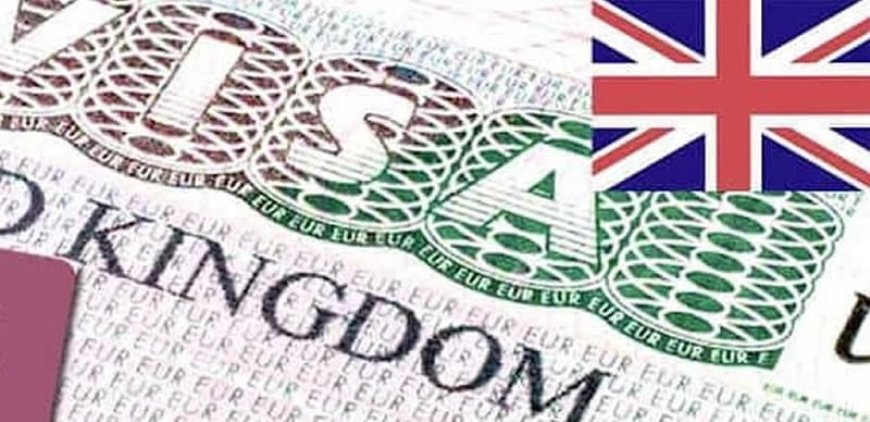UK reduces post-study work period for Nigerians, others

The United Kingdom has announced a major change to its post-study work visa policy, reducing the period from two years to 18 months for international students, including Nigerians.
The change will take effect from January 2027.
The UK Home Secretary, Shabana Mahmood, made the announcement on October 14, explaining that the new policy is part of a broader effort to tighten immigration controls while still attracting top global talent.
She also stressed the importance of immigrants meeting A-level standards in English to better integrate into the workforce.
According to a statement published on the UK government’s website on Wednesday, the revised post-study work period is designed to ensure that international graduates contribute effectively to the UK economy.
The government cited data showing that many graduates had not transitioned into graduate-level employment within the current two-year window, which prompted the reduction.
The change is part of a wider set of immigration reforms laid before Parliament as part of the government’s flagship immigration white paper and its “Plan for Change.”
Among these reforms is a 32 percent increase in the Immigration Skills Charge, a fee paid by employers who sponsor skilled foreign workers. This is the first increase in the ISC since 2017, and the government says it will be reinvested in training the domestic workforce to reduce reliance on overseas recruitment
The statement read, “Laid in changes before Parliament this week, the measures form part of the government’s flagship immigration white paper and Plan for Change to deliver on the priorities of working people for tighter control of who comes to this country while continuing to attract top global talent.
“The time for international students to find a graduate-level job after completing their studies will also be cut to 18 months from the current two years. The immigration skills charge, which is paid by employers sponsoring skilled foreign workers and reinvested in training the domestic workforce, is being raised by 32 percent.
“The ISC increase is the first since 2017 and will be used to boost investment in British workers and reduce reliance on overseas recruitment. The Parliamentary process to increase the charge will begin later this week. To ensure graduates contribute effectively to the economy, the maximum post-study stay will be reduced to 18 months from the current two years for most from 1 January 2027.
“It comes after data clearly showed that many holders had not transitioned into graduate-level employment as intended.”
In addition to the shortened post-study work period, international students will face stricter English language requirements for study, work, and settlement in the UK.
Studying in the UK is also becoming more expensive, with an additional fee expected to be passed on to overseas students. Undergraduate tuition fees are set to rise by 3.1 percent in the 2025/26 academic year, increasing from £9,250 to £9,535.
The UK has already made changes to its immigration rules. Since January 2024, most international students have been barred from bringing dependants, except for those enrolled in postgraduate research programmes or holding government-funded scholarships.
Data shows fewer foreign students opted for the UK as a study option in 2024.

 admin
admin 


